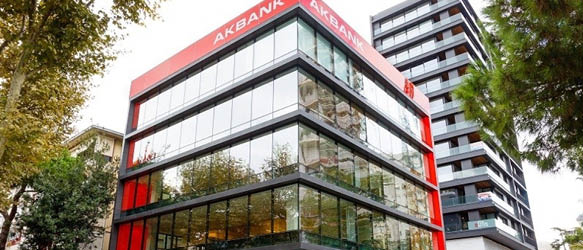Croatia seems to be brink of significant legislative changes that could reshape its real estate and financial landscapes, according to Peterka & Partners Zagreb Senior Associate Anja Haramija, who reports on a new real estate tax targeting property owners and regulations aimed at protecting senior citizens.
"The proposed real estate tax, expected to come into effect in 2025, is designed to target Croatian households owning at least two properties," Haramija begins. "Although the exact details haven't been officially presented, early estimates suggest that around a quarter of Croatian households could be affected. The tax is expected to range from EUR 1 to EUR 10 per square meter, with rates determined by local authorities." According to her, properties that are used for housing, are rented for the long-term, and are not suitable for living conditions will be exempt from this tax.
The tax has sparked strong reactions from the market and Haramija points to several reasons for this: "First, it directly affects a significant number of property owners, and people are naturally concerned about the financial implications. Politicians have argued that this tax will put empty properties back into the market, either through leasing or sales, which could correct real estate prices that have soared in recent years, far outpacing salary growth," Haramija explains. However, many citizens and experts worry about the broader economic impact and the lack of detailed information on how this reform will be implemented.
Moreover, Haramija indicates that "in cities like Zagreb, where many apartments remain empty for much of the year, primarily due to short-term rentals during the summer season, this tax could push property owners to rent or sell their vacant properties. The hope is that this would alleviate the housing shortage, especially for locals who struggle to buy homes amid rising prices." However, the exact outcomes will depend on how "effectively the tax is enforced and whether property owners decide to comply," Haramija says.
Shifting to another topic, Haramija mentions new legislation on the sale of receivables front. "Croatia recently adopted legislation that regulates the sale of receivables – a highly sensitive issue given the high number of debt collection processes in the country," she says. "Under this new act, creditors and debt collection agencies must notify debtors 30 days before selling their receivables and again once the sale is complete. It also introduces stricter rules for communication, preventing agencies from harassing debtors, such as contacting them at work or home." Debtors of such receivables can now file a complaint against these agencies to the Croatian National Bank and can even initiate misdemeanor proceedings against these agencies.
Finally, as the summer draws to an end, Haramija also reflects on the impact the tourism season had on the Croatian market, "The summer season is crucial for Croatia’s economy, and this year has been particularly successful. Regions like Dubrovnik-Neretva county have seen an influx of tourists, partly due to increased flight routes, such as Ryanair’s new operations in the area," she says. "In our office, we’ve noticed a spike in interest in high-end sea villas, particularly from Czech and Slovak entrepreneurs. Additionally, new legislation allows EU citizens and companies to acquire agricultural land in Croatia, which was previously restricted." According to her, this could lead to significant changes in the market dynamics, depending on how actively foreign investors participate.
















